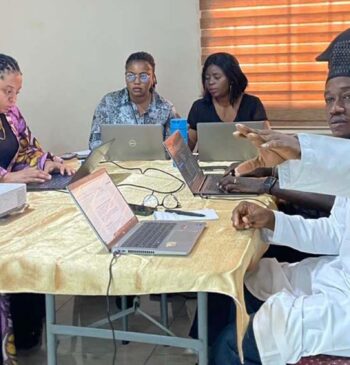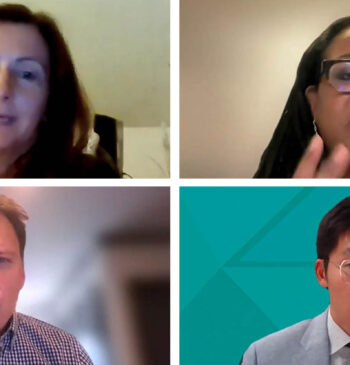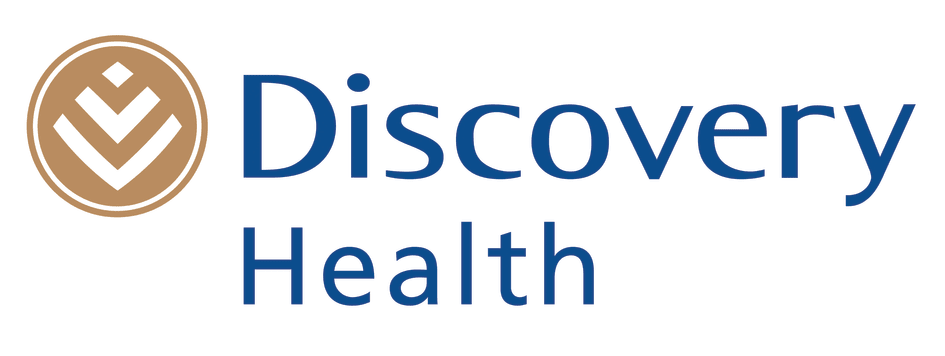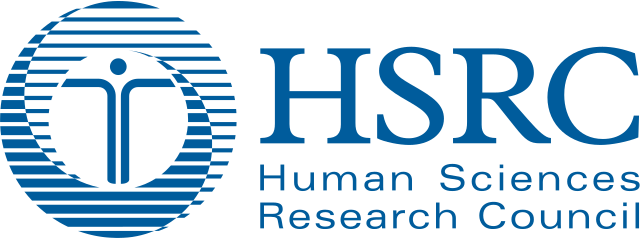DSI-Africa Consortium meets in Kigali, November 2023: Highlights
In the annual tradition of the DSI-Africa consortium to converge seasoned researchers, early career researchers, as well as other professionals contributing to the research, ethical and varied outputs of the consortium, on the 3rd of November 2023, the DSI- Africa coordinating Centre hosted the members of the consortium at the Serena Hotel in Kigali, Rwanda.
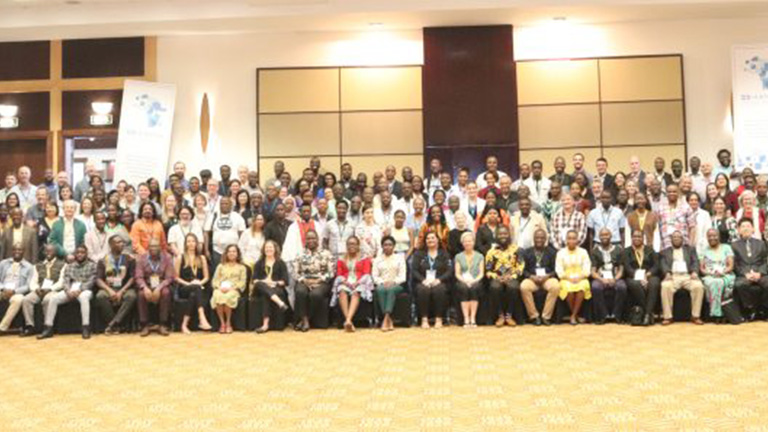
The meeting kicked-off with DATATHON sessions, which ran concurrently with Working groups and Principal Investigators (PI) meetings, then a series of plenary sessions and keynote addresses from the likes of Dr. Luqman Lawal.
The eLwazi group were excited to bring the consortium up to speed on the applicability of the Terra platform and the advantages of adopting it as a cloud workspace. As part of an open data ecosystem, Terra will provide the opportunity for collaborations within and outside the consortium, while being supported strongly by microsoft, google and a strong army of engineers. eLwazi currently collaborates with the INFORM Africa project to make viral phylogenetic workflow publicly available in Terra.
At the Ethics and global equity workshop session, ethical considerations in medical Artificial Intelligence (AI) took center stage. Amelia Fiske, and PoChih-ko from MUDSReH and PUBGEM provided insights on the impact of embedding appropriate ethical and equity considerations when developing practical models that harness Machine Learning (ML)/AI in medical imaging Research in Africa. Prof. PoChih-ko from the National Tsing Hua University, Taiwan further shared interesting perspectives on the influence of algorithmic biases when developing medical modes that use AI, while Prof. Celestine Obua, highlighted the importance of developing models from the same environments where they are needed, using reference resources contextualized to the environment. Hence, African AI solutions for and by AFRICANS. Synchronously with this workshop, the Datathon series continued, where INFORM Africa DMAC and AKROS Teams were among the participants of this session, especially as it aligned with their current projects.
The working groups are an integral component of the consortium’s infrastructure, thus, the Kigali meeting was a great opportunity for all the working groups to converge into their distinctive clusters, to discuss prospective events, provide feedback from previous activities and synthesize strategic approaches to carry on with the overarching goals of the consortium.
The opening event was packed with delegates from within and outside the consortium. Dr. Chenfeng, the PI of INFORM Africa Project 2, was announced as the newly appointed Chairperson of the steering committee. Cross-consortium collaborations remain a strong pillar of the consortium, and INFORM Africa Research hub plans to continue leveraging on the consortium’s networks, as it also expands with its newly awarded pilot projects. Dr Peter Kilmarx from the National Institute of Health (NIH), Dr. Synthia Nchangwi and Prof Nicola Mulder of elwazi further held the attention of the delegates with expository presentations, in line with the current trajectory and projections of the consortium.
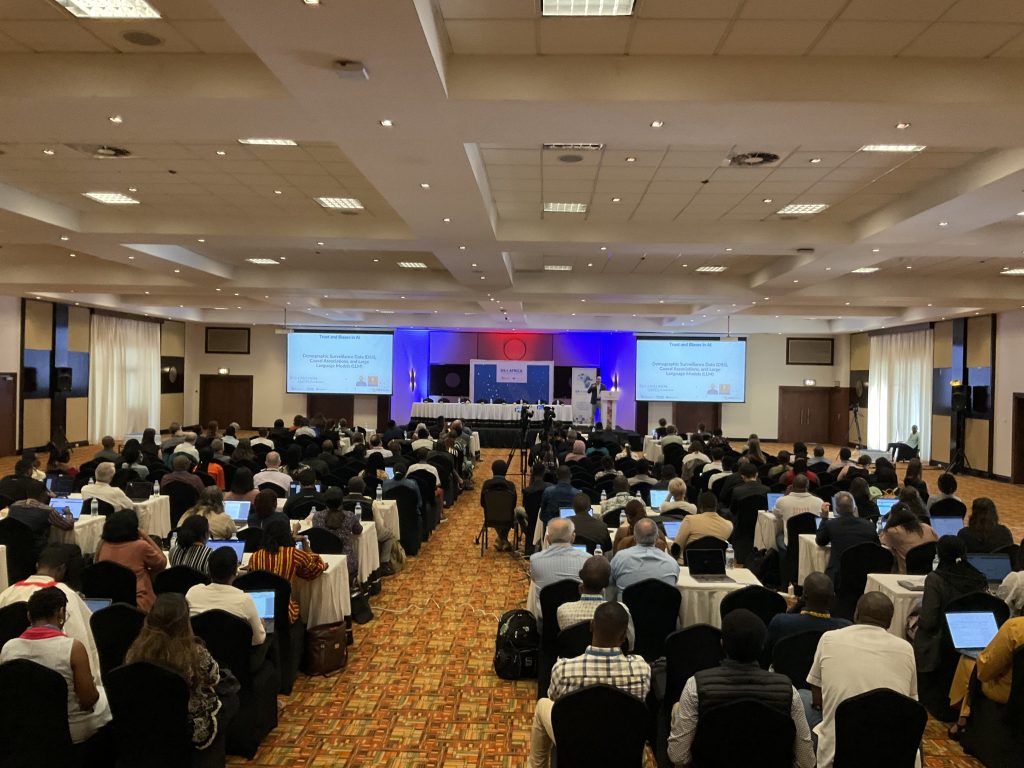
During the plenary session on sustainable data analysis pipelines, the delegates were graced by Dr Sumir Panji, the data science guru from eLwazi. He took the audience through strategies and best approaches to sustainable data science infrastructures from the perspective of eLwazi. Prof Celestino Obua of MUDSReh, the second speaker provoked the delegates to think outside the box-about “what Africa needs? In terms of sustainability in African data pipelines. He reiterated the need for African data to be sourced, analyzed, stored and harnessed by AFRICANS, capping his emphasis with the old African adage “the animal must be skinned on the hunting ground”. Prof Moodley brought to the knowledge of the delegates the enormous amount of water wasted in maintaining data centres to cool AI generators. She provoked the delegates to start thinking about alternative and more sustainable means of maintaining these data plants without depleting natural resources/energy basing her presentation on the philosophy around the “tragedy of the commons”-She also urged everyone to tap into the consciousness of “Ubuntu’to increase our awareness of our actions on the environment we live in.
Prof. Ajbar Waljee the co-PI of UDZIMA, also gave a resounding keynote speech themed around “unlocking the potential of AI in African Health Research and Beyond”. This was followed by a plenary session where Dr. Chenfeng the PI OF PROJECT 2, provided the delegates with an overview of the INFORM Africa aims. He went further to take the delegates through the current progress INFORM Africa “Project 2” has made; in harnessing mobility data-sourced from GPRS, mobile phones, wifi-usage, Bluetooth e.t.c to better understand human behaviour during the COVID pandemic. In his words “this is a new soil that helps us gain insight on how infectious diseases spread, especially in a pandemic state, this will help us support governments to adopt informed policies that will help in pandemic situations”. Other presenters at the session were Rahel Bekele,from APHREA-DST and Henry Mwambi.
The closing event was marked with an award ceremony for the winners of the speed presentation organized for early career researchers. And of course, the bittersweet farewells, but with the enthusiasm to rendezvous in Mauritius, November 2024.
